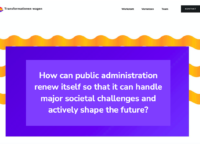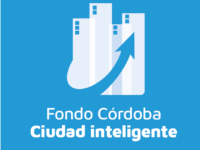Case Study
Challenge Tenders – An innovative method of implementing digital solutions to solve urging…
Challenge tenders are a new model designed to solve urging needs of the health system which usually aren't attractive enough for the start-up industry to engage in, such as fall prevention among elders, improvement of geriatric care in long term facilities and others. In order to attract digital based solutions to enter the health system, we initiated an innovative method of intervention which allows quick testing of technologies in health organization with MOH support for fast proven outcomes.








